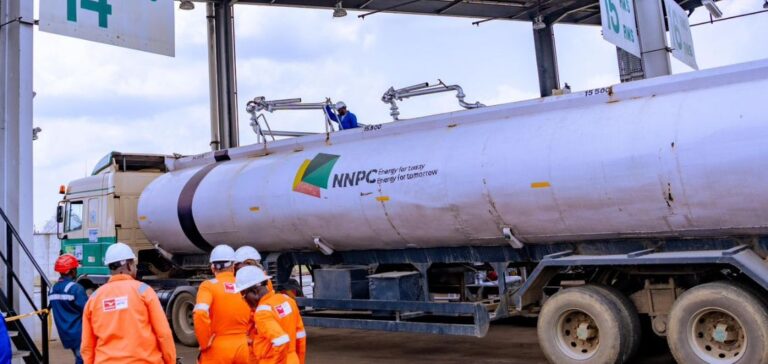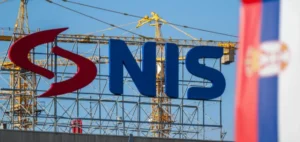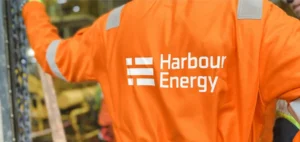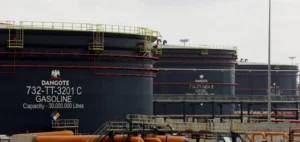The Nigerian National Petroleum Company Limited (NNPC), the main public company active in Nigeria’s oil sector, has entered the final stages of preparation for its initial public offering (IPO). According to the Chief Financial Officer and Head of Investor Relations, Olugbenga Oluwaniyi, the company is currently engaged in extensive consultations with several investment banks and specialized advisors, strictly adhering to Nigerian and international regulatory requirements. This step follows the company’s 2021 transformation into a limited liability company under the Petroleum Industry Act (PIA), enacted the same year by the Nigerian government to modernize the country’s oil sector. Listing on financial markets is explicitly mandated by this law.
A Demanding Regulatory Context
The Petroleum Industry Act, the foundational law enacted to restructure Nigeria’s petroleum sector, explicitly mandates NNPC’s listing on local or international financial markets. This requirement fits into a broader framework aimed at increasing financial transparency and improving the management of national petroleum resources, estimated at approximately 37 billion barrels of proven reserves. Thus, the Nigerian government aims to modernize the company’s governance, a pivotal component of the national economy, significantly contributing to the country’s fiscal revenues. Ongoing preparations are therefore closely monitored by both international and local investors due to the direct economic implications of this IPO.
Potential Impact on the African Market
NNPC’s stock market debut could represent a significant milestone for the African hydrocarbon market. Currently, NNPC is a critical player not only in Nigeria but also regionally, producing nearly 1.4 million barrels of oil per day according to the latest data from OPEC (Organization of the Petroleum Exporting Countries). Its IPO could attract substantial foreign capital inflows, potentially boosting investments in energy infrastructure and production capacities. However, no precise date has yet been officially confirmed by the company, leaving the market in a strategic waiting phase.
Strategic Alliances to Strengthen Market Position
Amid active preparations for its Initial Public Offering (IPO), NNPC recently announced the creation of a maritime transportation joint venture, in partnership with the Swedish company Stena Bulk and Nigerian firm Caverton Marine Limited. This new entity aims to strengthen oil and gas transportation within Nigeria and the West African market, further securing regional supply. This strategic partnership is perceived as a complementary initiative designed to optimize the company’s logistical operations ahead of its stock market debut. The announcement of this collaboration highlights the growing significance of the economic and commercial stakes surrounding the overall strategy of Nigeria’s national oil company.





















